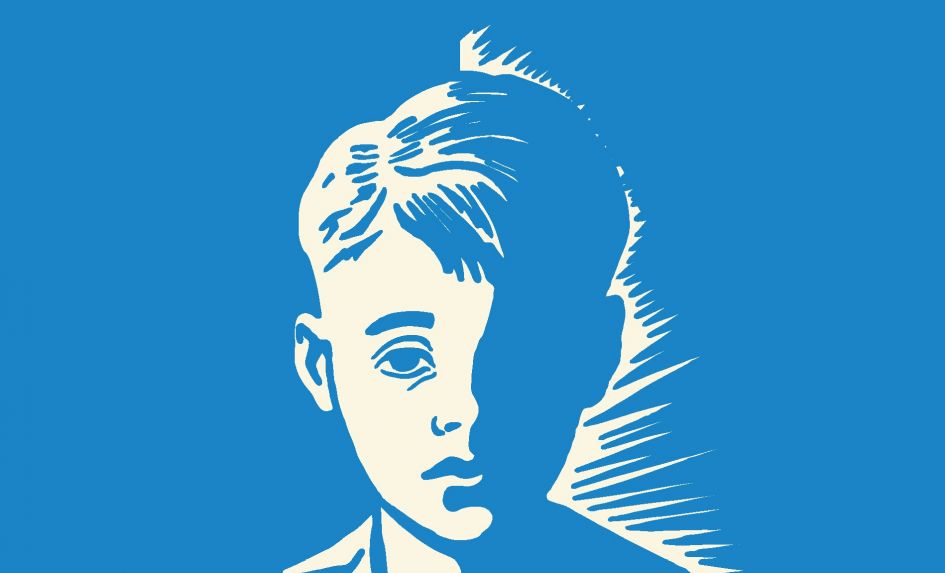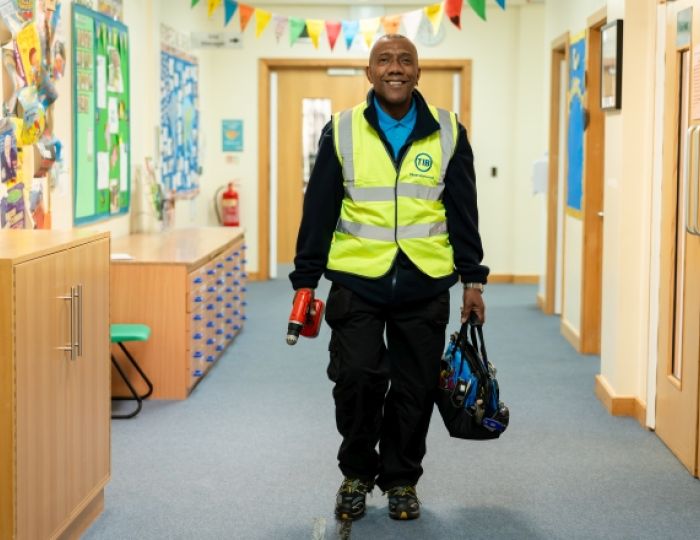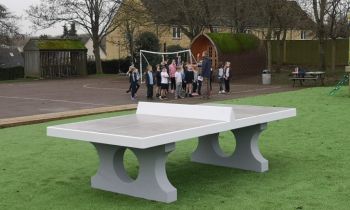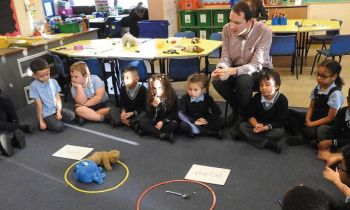By the age of 18, half of the UK’s children will have suffered an adverse childhood experience (ACE). These might include emotional, sexual and physical abuse – often perpetrated by a primary caregiver– with 10% having endured four such experiences or more.
I was one of those children. At primary school I was violent and unpredictable; at secondary school, withdrawn and disengaged. Fortunately, thanks to some perceptive teachers, flexibility within the school system and my welfare being seen as a higher priority than exam results, I turned out okay. Had it not been for those teachers, my life would have been very different. I wouldn’t have trained to be a teacher and chosen to work with children like me as my career.
Many staff will never truly understand what it’s like to live the life of a child experiencing adversity, but schools can certainly assist in making life better for these children, and even help them begin to heal. My own advice for schools supporting children enduring adversity would be to do the following:
1. Adopt a whole school policy and practice
Schools must create environments in which the children feel safe, valued and ready to learn. There’s no low-cost, quick fix solution to be had here, since the damage will already have been done to these children, often over the span of years. Deploying a handful of strategies implemented by several staff across a term won’t work. Whole school changes to policy and practice, implemented consistently, are the most effective way of addressing these challenges.
2. Avoid ‘one-size-fits-all’ approaches
Buying in an intervention and training staff in how use it won’t necessarily always work. Schools and senior leaders need to properly recognise the situations they’re dealing with and proactively take steps towards addressing them, so that children can be helped to thrive, rather than just survive. Explicit whole school training, backed up by good support, strategies and resources is the best approach – it needs to be for all staff, personalised and ongoing.
3. Focus on restorative practices
Punitive, ‘zero tolerance’ behaviour policies will be ineffective for children who have had difficult childhoods. Incentive and threat-based strategies simply aren’t powerful enough to stop deep-rooted behaviour that has served as protection in the past. Restorative practices are needed to improve and repair relationships between people and communities; mercifully, schools are increasingly replacing their ‘discipline policies’ with ‘relationship polices.’
4. Provide a variety of practical subjects
Narrowing the curriculum is the wrong approach for these children. They need music, art, drama, dance, sport and technology – practical subjects with therapeutic qualities that will help them regulate, feel a sense of success and allow them to express their creativity, thus helping to repair some of the damage done to the brain through early adversity.
5. Provide the right team
These children will benefit from interactions with your most qualified and experienced staff, rather than unqualified teachers, TAs and supply staff. The staff in question should be permanent, invested and knowledgeable professionals with a deep understanding what has happened to these children and the impact their experiences have had on their bodies and minds. The staff will need to be effectively supported, and consistent and compassionate in their approach, no matter what the children throw at them.
Lynn Miles is a lecturer in education at Teesside University, which offers related ACE short courses, whole school CPD and, from September 2019, an education MA in trauma-informed practice.










